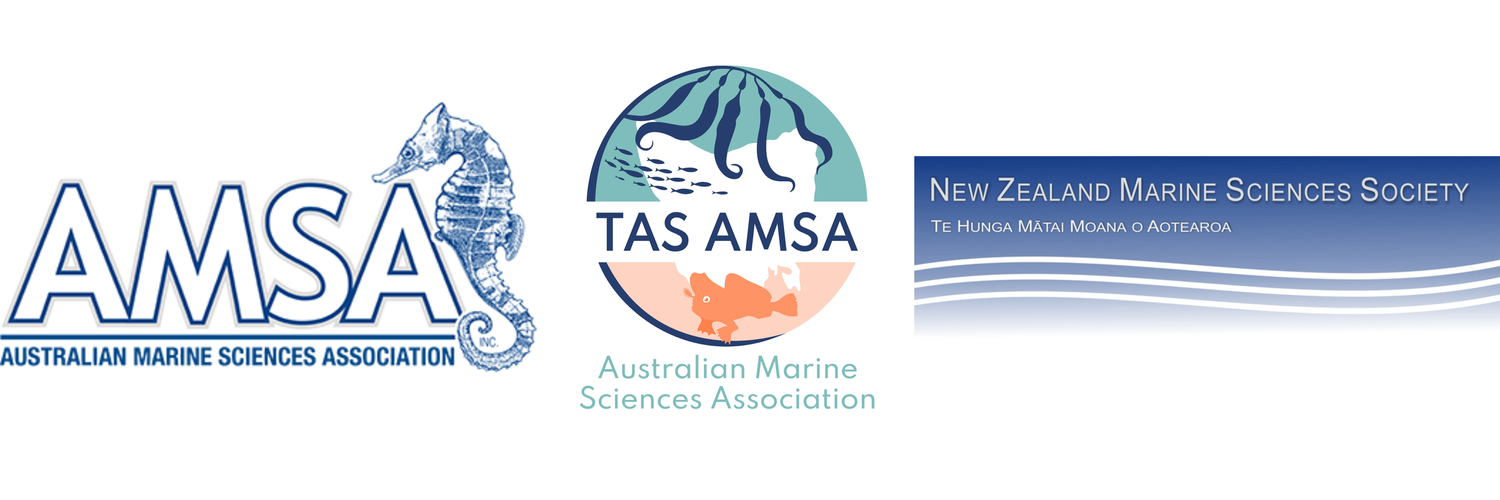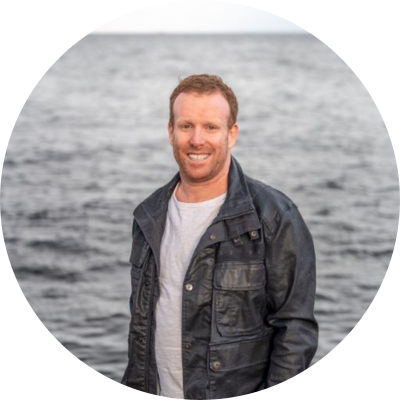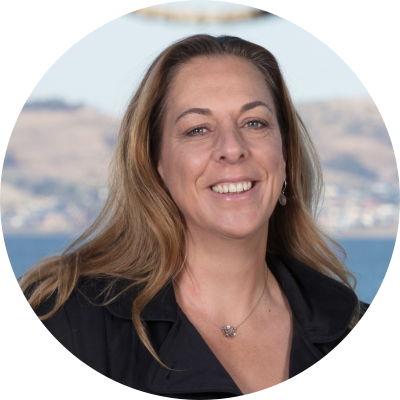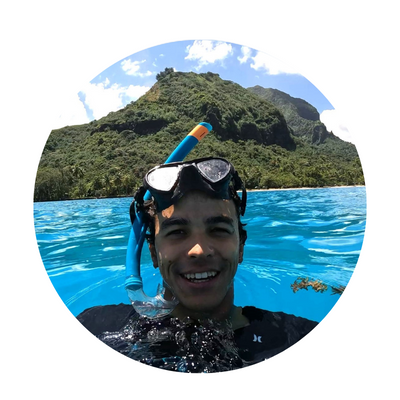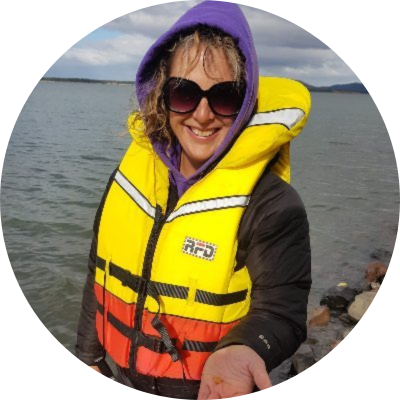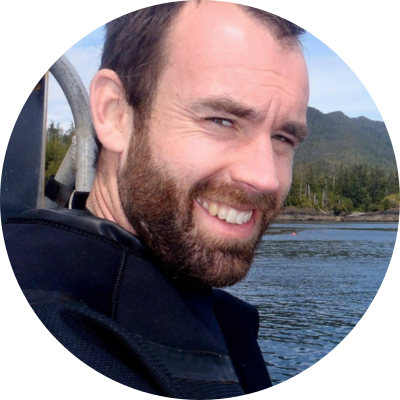
ORGANISING COMMITTEE
Joel Williams
Chair of AMSA-NZMSS 2024 Organising Committee
Chris Frid
AMSA National Council President
Gretta Pecl
Alexandre Che
Katie Cresswell
Leslie Watson
Beth Strain
Maarten De Brauwer
Rowan Trebilco
Luke Brokensha
Olivia Johnson
Tyson Jones
Anna Madarasz-Smith
Kristin Keane
